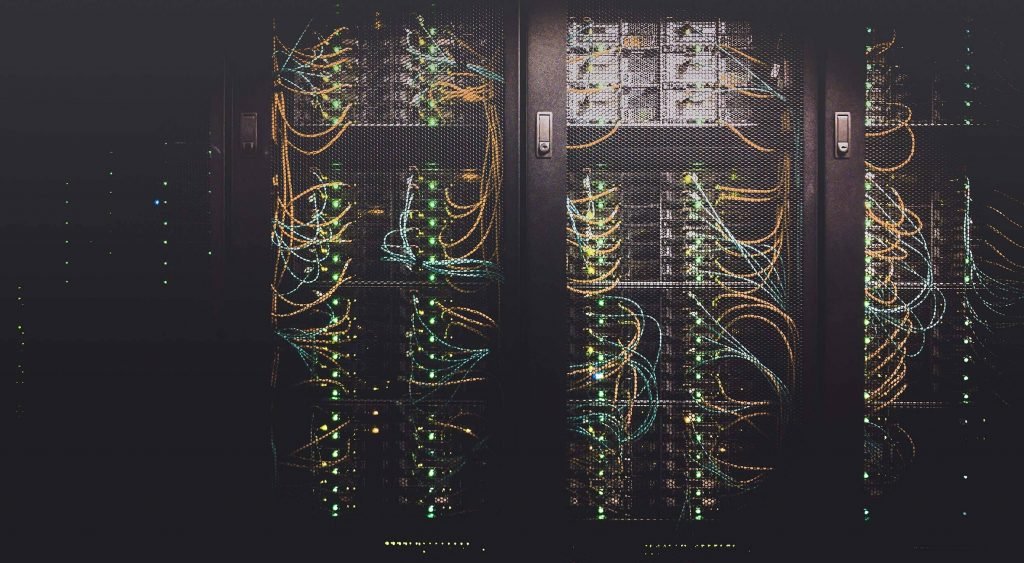Website attacks and cyber attacks are growing in numbers every day and the importance of creating a secure website and website security, in general, is increasing rapidly. So, being secure in the online world becomes more and more important every day and it is more than important to protect your website and the data it holds now. So, therefore, we’ll give you five reasons why website security is important.
Did you know – 56% of all internet traffic is from an automated source such as hacking tools, scrapers and spammers, impersonators, and bots. So you might think – is my website secure?
Well, but now let’s dig into why website security is important.
Hacked Websites Target Your Customers
Malicious software is used to infect websites, gather data and in some cases even hijack computer resources. A site where an attacker has gained access to can be used to redirect traffic and infect visitors with malicious software.
There are thousands of different types of malware and thousands of different ways to infect your website, which is mostly all done by automated hacking tools.
What they all have in common, is that the hacked websites are mostly used to retarget your potential customers, your website visitors.
The number of hacked sites rises rapidly
Botnet-enabled attacks on vulnerable Web applications, in fact, accounted for more breaches (571) than any other vector in Verizon’s 2017 Data Breach Investigations Report.
In March 2016 Google announced that more than 50 million websites worldwide are infected or malicious. In March 2015, that number was 17 million. The number of new Web application vulnerabilities published in 2017 was 212% greater than the number disclosed in 2016.
In 2018 Google has sent over 45 million notifications to registered website owners through Search Console, alerting them to possible problems with their websites which could affect their appearance in a search.
Also, they sent 6 million manual action messages to webmasters about practices that we’re against Google’s guidelines, along with information on how to resolve the issues. And Google took action on nearly 90,000 user reports of search spam.
Business Reputation Loss and Drop In Revenue
There are over 1,3 billion websites on the world wide web today and people rely on search engines when they want to reach information on those sites. Therefore search engine optimization is more important than ever and it is necessary for every webmaster to understand the true meaning of SEO as well as the potential it can provide for every business.
Google and other search engines (for who you typically don’t want to be on the naughty list) warn your customers and restrict them from entering your website. Lately, Google, for example, has stepped up the game even more.
Starting from July 2018, every website without SSL (HTTPS) will be marked as insecure and therefore receive an SEO penalty, which makes it harder for your company to reach to new customers.
Google has released new details about its spam-fighting efforts, revealing that more than 80% of hacked sites have been detected and removed from search results. (source: Search Engine Journal)
Read more about how hackers can use your site even without you knowing here: How to boost and maintain SEO rankings by securing your website
But the reality is that, because of a hacked website, a customer loses trust and therefore it will lead to company reputation loss, which for e-commerce can often mean an end of the business.
When talking about website security and CMS security the infections are also rising actively. For example, WordPress continues to be the leading infected website CMS.
On average, about 30 000 websites get hacked every day and in reality, the majority of these 30,000 sites are legitimate small businesses that are unwittingly distributing malicious code for the cybercriminals.
When your site is hacked and added to different blacklists, the potential customer cannot reach to the products or services being offered.
Anyways, if a potential customer visits your site and gets warned or infected, there is an extremely low chance that the customer will ever visit your site again.
Learning from mistakes: website clean-up is more expensive than protection
As a website owner discovering that your website has been hacked, the first thing to do is to search “How to clean up a hacked site”. Yes, you will find a lot of blog posts and articles about it, but they will all eventually recommend you the same thing – have a professional to do it for you.
Performing a WordPress malware removal in a way that you can be sure that it’s clean is not an easy task. That’s why a service like this can cost over 150 dollars per site and even then, depending on the service provider, you can’t be sure if the site was properly cleaned or not.
The latest research by Acunetix reveals that around 84% of websites contain vulnerabilities, which means all of them are prone to be infected at any time.
The process of a malware clean-up of a website is much more about knowing the vulnerabilities and knowing the way of a hacker mind, than just manually going through the files.
Malware is often hidden from the original files and to the database and attackers put a lot of effort into making sure you won’t be able to remove their backdoors so easily.
It’s expensive, indeed. Not just the malware clean-up service itself, but the lost revenue and reputational damage are what can eat up a lot of time and money to recover from.
If your site has been hacked before you were even thinking about website security, see this: Comprehensive WordPress Malware Removal Guide if you think you are up to removing the malware by yourself.
Website gets blacklisted
What is the Blacklist?
Without using the exact term “blacklist,” Google quarantines at least 10,000 suspicious websites each day. You can recognize the sites by seeing the display message “This site may harm your computer” in the search results. This will serve as a warning that prompts most users to stay away. Consumers are grateful for the warning. The business panics.
When a website is in a blacklist, the search engine is expelling a site from their list. When a website is blacklisted, it loses almost 95% of its organic traffic, which can rapidly affect revenue.
Usually, a website gets blacklisted when it contains something harmful to the user, for example, malware.
Cleaning up your site is only the first part of becoming relisted on Google. Before you put your site out there again, be sure you have measures in place to prevent a recurrence. You may be susceptible to the same cybercriminals who infected your site the first time if you don’t step up your security measures.
If your website is on a blacklist, there are two primary approaches to recovering a hacked site:
- Do it yourself, if you have the needed knowledge.
- Find a trusted service provider if the technical tasks are outside your skill set.





Hi, I think you visited my site, so I came to return the favor. I’m trying to improve it, so I guess I can take some of your suggestions.
I loved it as much as you’ll end it here. The sketch and writing are good, but you’re nervous about what comes next. Definitely come back because it’s pretty much always the same if you protect this walk.